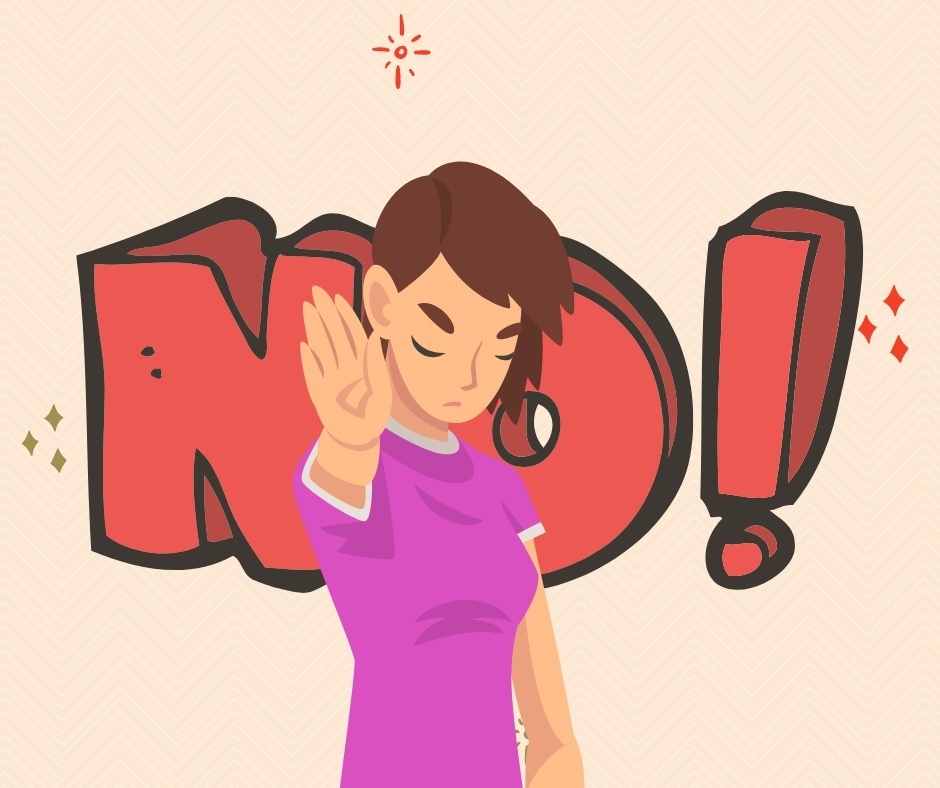Aug. 23, 2021
The Art of Saying 'No'
Time and time again I've seen children misbehave in public places. Is it because their parents have not administered enough discipline? Maybe. Maybe not. It's on a case-by-case basis. To be frank I think I am secretly jealous of these children. After all, their parents give them "everything." Furthermore, if these children don't have it their way they will get in touch with their emotions, so to speak, and make their parents cave in to their demands it seems. I grew up in a different environment conversely where my parents told me, no and I just gave up. I gave up to the point where I stop asking them for things because of constant disappointment. So in a way, I do look up to those spoiled brats but I still understand that moderation is important. There is the art of saying no to your children. I can understand how parents would not want to limit their children's experiences and their expectations of what they can receive in this world. However, saying no is also healthy at times because it sets clear boundaries and limitations for your child. You do this because you love your child. Also, you are much older and have much more experience in the world. Therefore by using your adult guidance one can properly navigate a child through life. There are two different ways of saying no in my opinion. You can say no with love intent and you can also say no with indifference. If you tell your child no and provide a reason why that would make understanding much better. I grew up in a generation where my parents did not have to explain themselves. Nonetheless, I do feel like is important to talk to your child like an adult and get them properly conditioned for the world.
According to Dr Markham, saying no to your child helps with setting boundaries and limits, which aid in their development — emotionally, physically and mentally. Never saying it, Dr Markham says, can leave children ill-equipped to deal with the real world.

